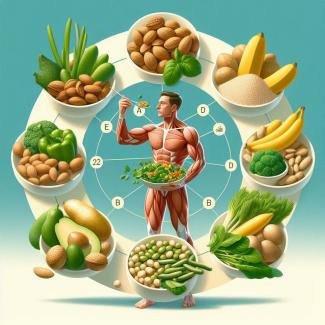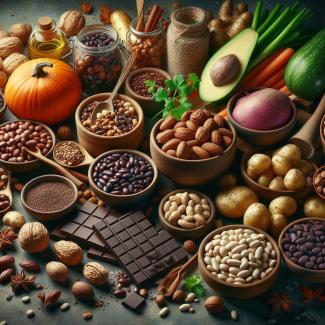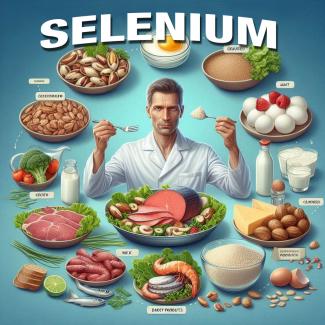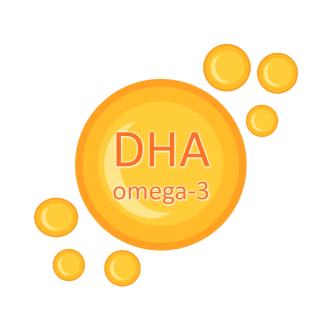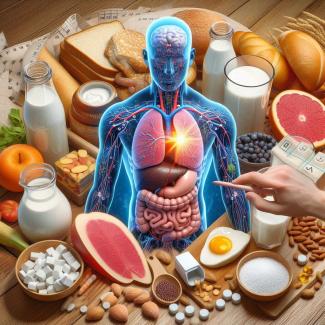
Sodium is an essential mineral that plays a crucial role in maintaining various physiological functions in the human body. Here are some reasons why sodium is important:
- Electrolyte Balance: Sodium is one of the body's primary electrolytes, along with potassium, chloride, and calcium. Electrolytes are ions that help regulate the balance of fluids in and around your cells. This balance is critical for maintaining proper hydration, blood pressure, and nerve function.
- Blood Pressure Regulation: Sodium plays a central role in regulating blood pressure. It helps control the volume of blood in your circulatory system. Too much sodium can lead to high blood pressure, which is a risk factor for heart disease and stroke. Conversely, too little sodium can lead to low blood pressure and various health problems.
- Nerve Function: Sodium ions are essential for the transmission of nerve impulses. They help generate electrical signals in neurons, allowing communication between the brain and various parts of the body. Without sodium, nerve function would be severely compromised.
- Muscle Function: Sodium is also critical for muscle contractions. It helps in the transmission of electrical signals from nerves to muscle cells, leading to muscle contraction. Adequate sodium levels are necessary for normal muscle function.
- pH Balance: Sodium plays a role in maintaining the body's acid-base balance. It helps regulate the pH of bodily fluids, which is important for various enzymatic reactions and overall physiological stability.
- Cell Function: Sodium is involved in the transport of various substances into and out of cells. It helps maintain the proper balance of ions inside and outside cells, which is crucial for their normal functioning.
While sodium is essential for the body, it's also important to consume it in appropriate amounts. Excessive sodium intake, often associated with a high-sodium diet, can lead to health problems like high blood pressure, which increases the risk of heart disease and stroke. On the other hand, too little sodium can lead to conditions like hyponatremia, characterized by low blood sodium levels and symptoms such as muscle cramps, fatigue, and confusion. Balancing sodium intake is crucial for maintaining good health.

